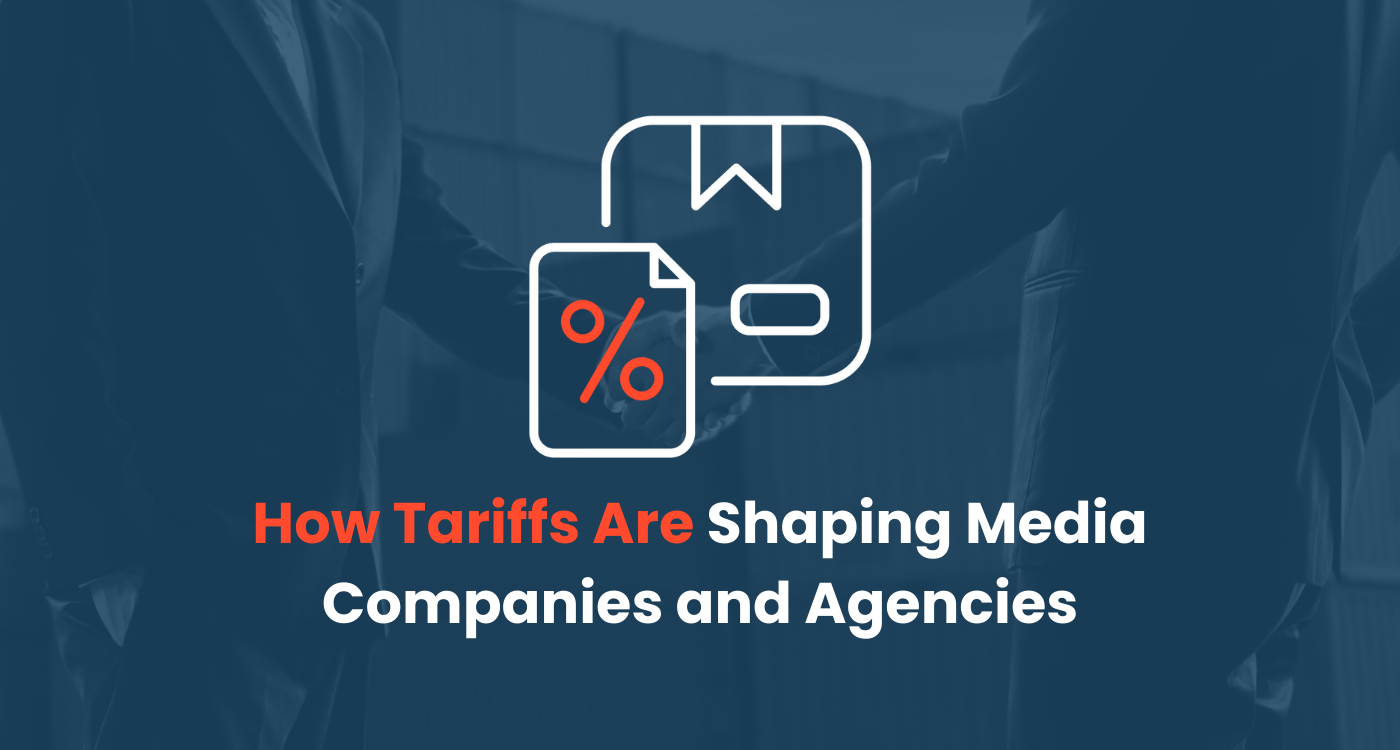In the last year, we’ve heard a lot that Artificial Intelligence (AI) will kill SEO. Candidly, when AI was released to the public, we had our initial concerns too. We read click-bait articles like this one from Inc. that stirred up concern within the industry. However, we consistently see that there’s plenty of room for both AI and SEO.
SEO is like a Ford truck; it’s built to last (sorry, Chevy people). Yes, SEO best practices from a few years ago would not perform well today. And yes, the search experience must improve to compete with evolving AI. But SEO is constantly evolving. We at AdCellerant are confident that Google and other search engines are up for the challenge.
Side note: for the sake of this post, we will over-simplify search engines to Google since up to 92% of global searches happen on Google.
Frictionless User Experience
One theme we’re seeing is that Google needs to improve at creating a frictionless experience. When we say frictionless, we’re referring to a seamless experience when finding an answer on Google. An example of friction would be scrolling aimlessly through a blog post to find an answer to your question. Or clicking on a website and having it take more than five seconds to load on your phone entirely. Also, credit where credit is due: we stole the phrase “friction” from Wil Reynolds’s talk while our team was at MozCon.
So what do we predict that Google will do to create a frictionless experience?
The interesting part about these three predictions is that Google has already been talking about all of them. However, in our opinion, they need to get a lot better at all three if they genuinely want to compete with the OpenAIs of the world.
Prediction #1: User Experience Is King
Think phone first (not desktop). If your client’s site is not built with phones in mind first, you may want to consider a new website. At least 63% of searches happen on phones, and this percentage will only grow in the coming years.
To be clear, this goes beyond just page speed. You need to make sure the entire experience while on the phone is just as good if not better than when you’re on a desktop. If you don’t believe us, research showed that people were 24% more likely to stay on a page if your site meets core web vital standards. We see this statistic skyrocketing in the next few years as attention spans get shorter and shorter (thanks, TikTok).
We predict that Google will triple down on page experience being a key consideration when determining how high to rank your client’s site when people are searching on the phone.
Prediction #2: AI in Search Will Decrease Friction
Google has been working on this for a while: way back in 2016, Google started introducing rich results. For instance, if I search for something more trivial like “How many titles does Nick Saban have,” Google gives me an answer front and center.
But people search for more meaningful things than stats on football dynasties. Google has the challenge of marrying trustworthy information with a seamless and quick experience. And that may sound easier than it is.
Our second prediction is that Google will push the envelope with these seamless searching experiences. You can expect Zero Clicks to continue to increase, where the searcher finds the answer to their question front and center and simply closes out of Google without going to a website.
Google will need to be careful with this though, because faster isn’t always better. They need to make sure they uphold accurate information giving credit to a direct source, something that they currently have a leg up on other Ai chatbots.
Prediction #3: Google Will Start to Truly Prioritize Helpful Content
Google announced its focus on “helpful content” at the end of 2022. Specifically, they noted that it was important to show experience in the subject you were writing about.
Since then, we’ve seen search results get a little better, but they certainly didn’t shake up as much as we may have thought.
Now that ChatGPT, Google Gemini, and other chat AI tools are at our fingertips, our third and final prediction is that Google will lean further towards helpful content and less towards “SEO’d” content. Writing meaningful content that answers all the questions someone has about a given subject will become increasingly important.
For instance, there will be less need to write multiple blog posts to target multiple search queries and more focus on creating comprehensive content covering a subject fully. Once you write an authoritative piece of content covering a subject at length, Google can serve snippets of content at the top of search results based on the specific question someone is searching for.
Turn To the SEO Experts
At AdCellerant, our team is actively embracing the shifts in SEO. To quote Mr. Gretzky himself, “we skate to where the puck is going, not to where it’s been.” At the end of the day, our goal is to grow the small and medium-sized businesses that we work with. Whether it’s writing content, optimizing a Google Business Profile, or even consulting on a site migration, we’re here to help.
If you’re looking for SEO experts or curious about how a partnership with AdCellerant can take your digital strategies to the next level, let’s chat!
*This article was written by Trevor Loeschen, Earned Media Sales Manager at AdCellerant




